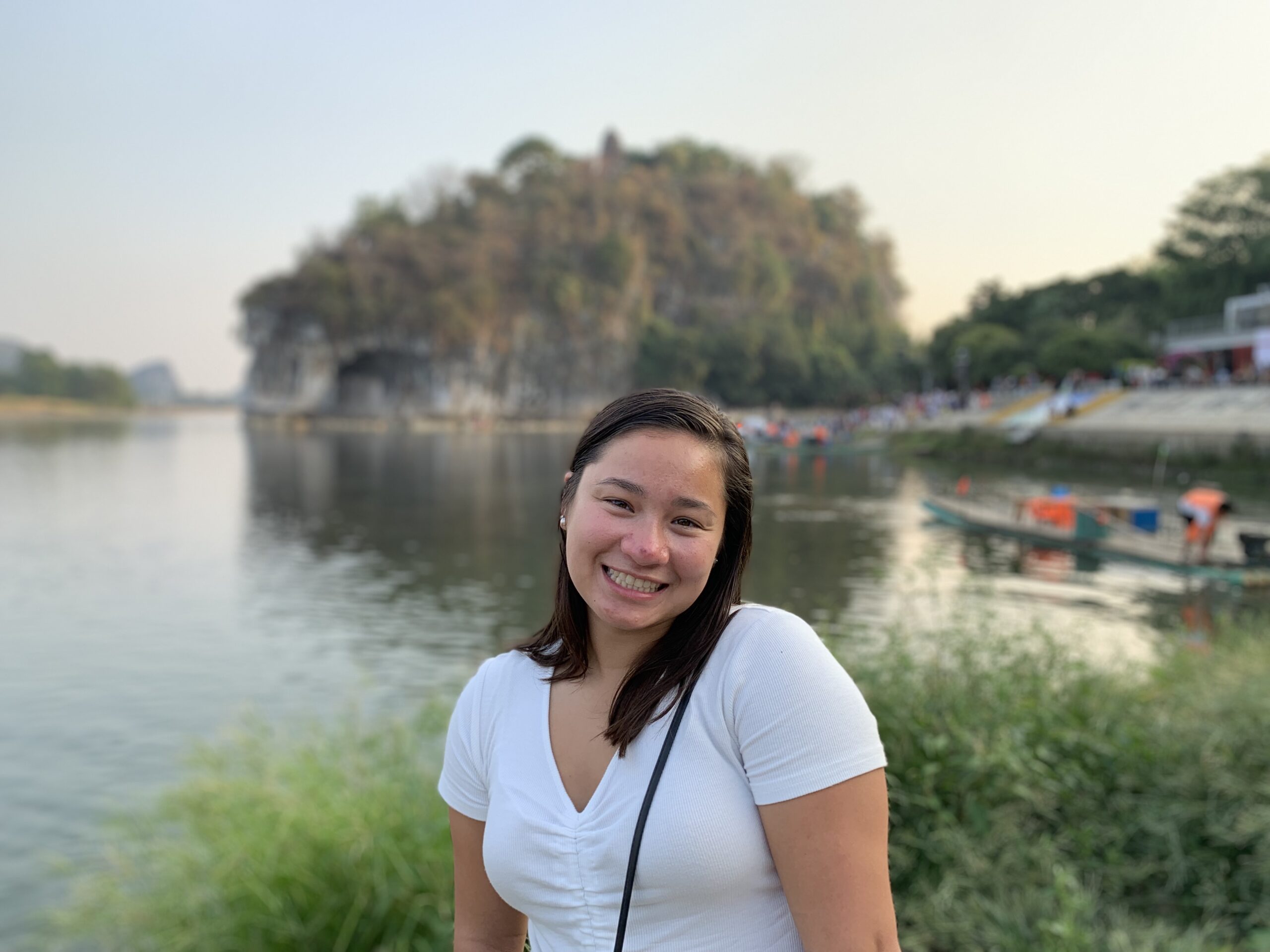Senior Spends Summer Working at FairVote, Advocates for Ranked Voting Process
As we head toward Nov. 3, Georgetown student Cate Paterson (C’21) is doing her part to help ensure a fair 2020 election. A member of the Davis Fellows Program, Paterson worked as a summer intern for FairVote that seeks to create a more representative democracy through ranked voting.
Pursuing a Policy Path
Paterson, a government major, was chosen as a Davis Fellow in May of 2020. The program helps to fund service learning, community-based work and unpaid internships which are meaningfully connected to a student’s academic interests. Davis Fellows can also apply for funding to support summer lab work, field work and independent inquiry under the guidance of a faculty mentor.
In the spring of 2019, Paterson interned for Rep. Jamie Raskin (D-Maryland), who recently sponsored a bill encouraging states and localities to use ranked voting. This system of voting ensures that winning candidates always receive a majority of the vote rather than the plurality by allowing individuals to rank their choices, which is especially helpful in races with more than two candidates.
“Majority rule is one of the core principles of our democracy, but recently candidates have been able to win elections with less than 50 percent of the vote, sometimes by a little as 20 or 30 percent, which means a majority of voters actually opposed that candidate,” says Paterson. “Ranked choice voting ensures that everyone can vote their heart without worrying about “splitting” the vote to third party candidates, because you can rank your choices. This isn’t important just for presidential candidates, but also for state and local races, which are just as important in shaping policy.”
Through her work with Rep. Raskin, Paterson became interested in electoral reforms and came across FairVote, an organization based in Takoma Park, Maryland that had supported Raskin’s bill.
“I was drawn to organizing and community engagement and knew that I wanted to continue to do that in future career opportunities,” says Paterson. “The aspect of FairVote that I really enjoyed was that it allowed me to focus on individual communities, instead of just the national sphere.”
After she was hired for a virtual internship, Paterson drafted short- and long-form blog posts for the organization and assisted with social media audits. She found learning about the voting process in depth the most rewarding.
“After working at an electoral reform organization, it is easy to see how the current system does not accurately reflect individual voting preferences,” Paterson says. “Voters worry too much about “electability” and not enough about who actually represents their values. Sometimes it’s not even the fault of the candidates, but the system itself that encourages and creates suboptimal outcomes.
Looking Ahead
Paterson realized she wanted to pursue a career in policy after her 2019 summer internship with Giffords – an organization founded by and named for former U.S. Rep. Gabby Giffords – that is dedicated to fighting gun violence.
In her role on the engagement team for Giffords, Paterson worked to build fellowships for youth activists and organized rallies to call for funding to study gun violence for the Center for Disease Control (CDC) and the National Institute of Health (NIH).
Now in her senior year, Paterson is writing a thesis centered around Asian American and African American group dynamics that will investigate whether the anti-Asian political rhetoric during the COVID-19 pandemic led to increased support of the Black Lives Matter movement by Asian Americans.
Paterson said that her internships served as a catalyst to further study the dynamics of political systems so she can one day influence and write policy for a better election process.
“My biggest takeaway from my time at FairVote is that we cannot take the systems that shape our world for granted,” Paterson says. “It is imperative that we not only study the outcomes of the systems, but the systems themselves so that we can improve the structures that determine our lives.”
